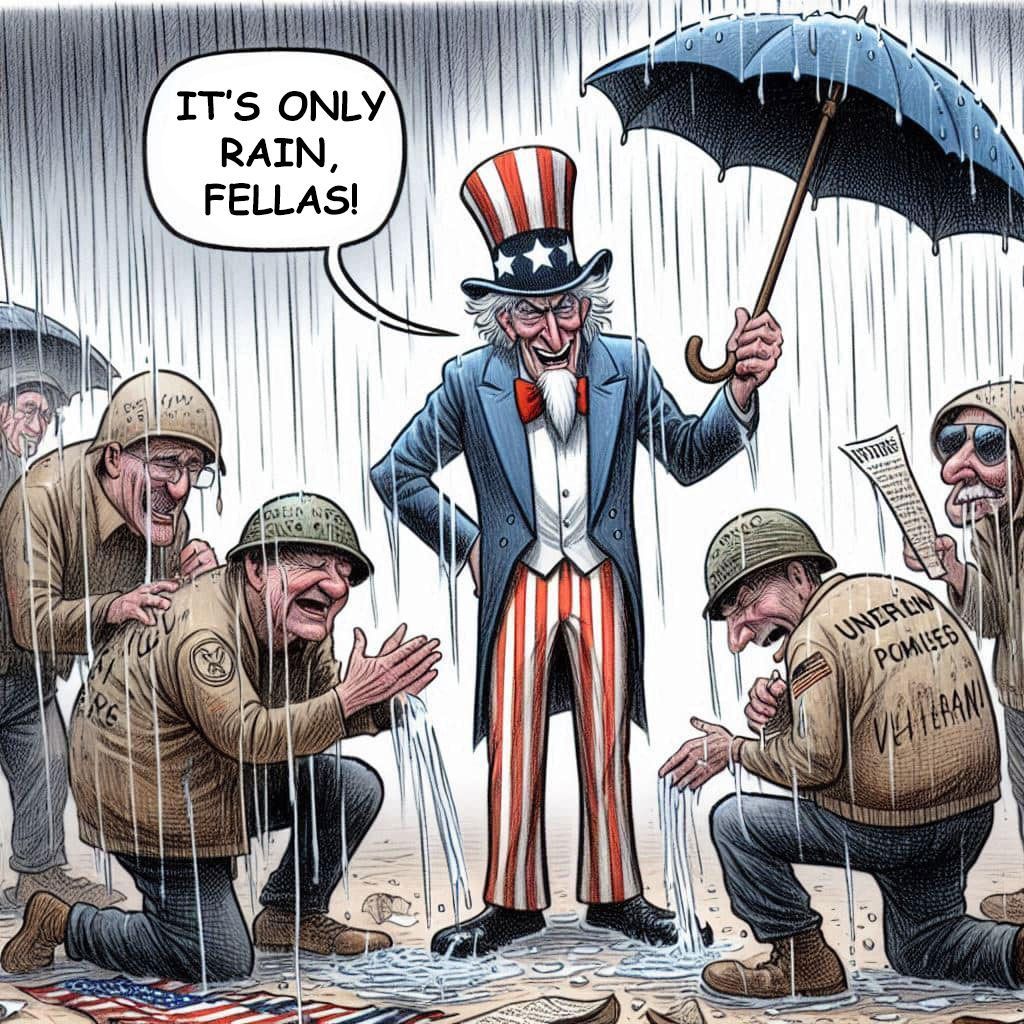Understanding Your State or Territory’s Rules for the Use of Force
Ben Banchs • June 6, 2020
COVID-19, Protests, and Hurricane Season Expose National Guard to Potential Use of Force Situations with the Public
Anytime you are activated in response to an emergency there is a near 100% chance that you will be interacting with the public. Sometimes, those interactions come from you fulfilling some type of law enforcement role, especially if you have been activated in response to rioting and looting. For this reason, we asked Attorney Doug O'Connell, Local 1776's Military Counsel, for some general guidance on what our members should keep in mind if they are activated in response to the protests in a security or law enforcement role involving the general public. Doug provided the following:
NATIONAL GUARD MEMBERS - HAVE YOU BEEN ACTIVATED?
Understanding Your State or Territory’s Rules for the Use of Force
For Guardsmen called to support civilian law enforcement during the ongoing nation-wide protests, you should be rightfully proud. You’re being called on to protect your fellow citizens’ right to peaceful protest. This is exactly what the 1st Amendment is all about.
At the same time, you’re being placed in an incredibly difficult, potentially dangerous situation. You may need to use force, possibly deadly force in the execution of your duties.
Here are some things you should consider:
- Your leadership should provide you with the Rules for the Use of Force. If you’ve not been given Rules for the Use of Force, ask immediately for this information. If you’ve deployed before, you may remember receiving Rules of Engagement. The rules for using force here in the United States is drastically different. Don’t rely on what you remember from your deployment.
- Rules for the Use of Force are based on your State/Territory’s Law. If you use force in a manner that violates state/territory law, you can be arrested and face criminal prosecution for your actions. Depending on your state/territory, you could also face a civil lawsuit for actions considered illegal.
- If you have questions about what your Rules for the Use of Force mean – ask!
- Try to avoid using any kind of force. Whenever possible, let law enforcement officers handle violent offenders.
- Understand who is in your Chain of Command. Do your orders require you to obey the commands of law enforcement officers? Or are you strictly under the command and control of your organic chain of command. If this is not clear, ask. This is important because law enforcement officers have different training, policies and authorities.
- If you’re given an order that sounds illegal, immediately ask for clarification. If you’re given an order that sounds possibly illegal, ask for the order to be put in writing, if possible. Ultimately if you are given an illegal order, you have a duty to disobey.
- You always have the right to defend yourself and defend others. This means if you are being attacked, or another Guardsman, law enforcement officer or protester is being attacked, you can use force to protect yourself or others.
- Your state/territory’s Rules for the Use of Force should specify when you can use deadly force. Specifically, you need to understand when you can legally fire your issued military weapon. Typically, this will only be in response to someone using deadly force against you or someone else. Your specific rules may also allow for using deadly force when you are threatened with deadly force. Ask, and keep asking until you get clear answers that you understand.
- The amount of force you use must always be limited. Only use the minimum amount of force needed to safely neutralize the threat you’re facing. If a fellow Soldier or Airman is using excessive force, stop them.
If you are required to use any kind of force – do the following:
- As soon as possible, make notes of what happened and why you took action. For example, document, as specifically as possible, the number of protesters you were dealing with at the moment you used force. Who else was present at the scene? What force was used against you? Did you feel scared and why? The more details the better. Save this document. Investigations may not be immediate, and you could face allegations weeks or months later.
- If you seriously injure or kill someone – your actions will be scrutinized. Specifically, your use of force will be investigated to determine if you violated criminal laws. Seek the help of a criminal defense attorney immediately.
- If you are required to use force of any kind, you may be questioned by law enforcement officers. You have the right to remain silent. Resist the urge to “make a statement,” until after you speak with an attorney.
About the Author
Attorney Doug O’Connell is a retired National Guard Colonel. Based in Austin, Texas, Doug routinely helps National Guardsmen around the country with legal issues. Doug can be contacted at
Doug@DougOConnell.com
or (512) 547-7265.
Photo: Creator - Ringo H.W. Chiu | Credit: AP - Copyright 2020 Associated Press. All rights reserved.
Disclaimer
This information is provided for general purposes only and should not be interpreted to indicate a certain result will occur in your specific situation. Even though certain information above might be useful or relevant to your individual situation, professional legal advice requires an in-depth discussion with you about your case, a thorough investigation into all the relevant facts, and substantial research into applicable laws. This content is intended, but not promised or guaranteed, to be correct, complete, or up to date as of the date indicated. This content is not intended to be a source of advertising, solicitation, or legal advice; thus, the reader should not consider this information an invitation for an attorney-client relationship. Readers should not act or rely solely upon any information contained herein. Legal questions arising out of your military service should be directed to the appropriate legal office or individual responsible for legal matters within your chain of command, or to a personal attorney.
Share Via Other Platforms
More News





